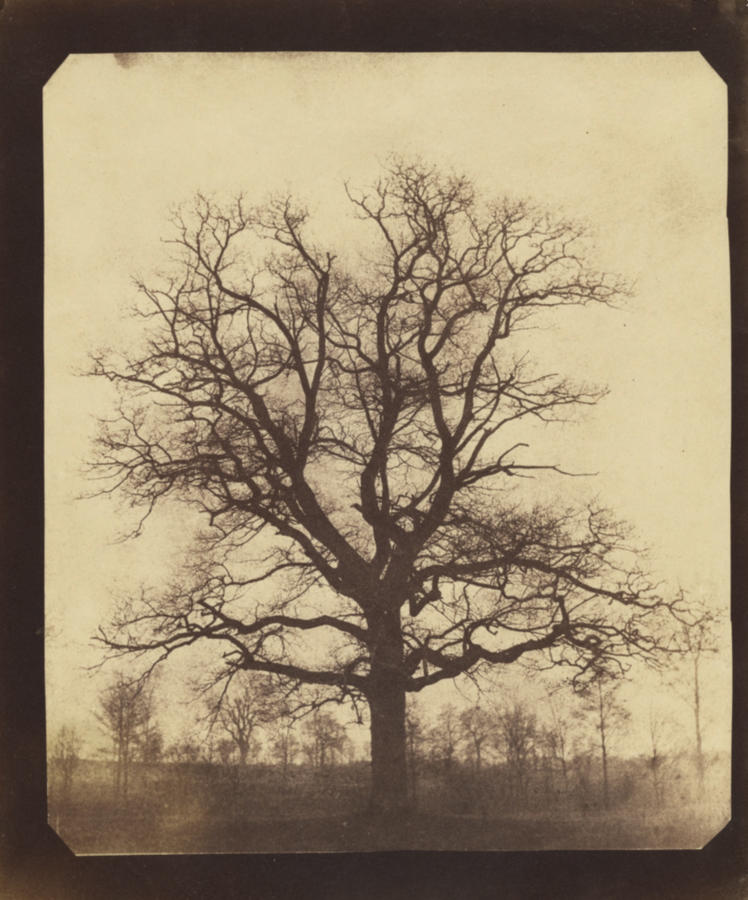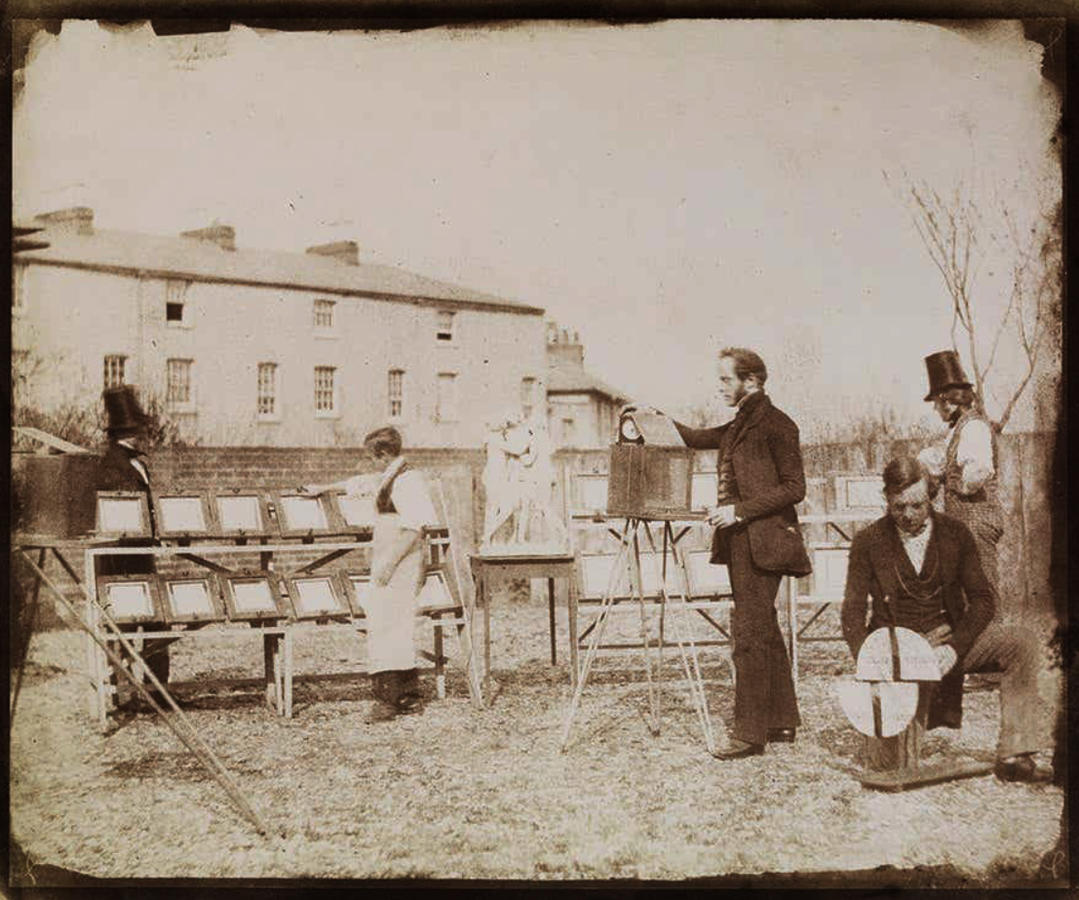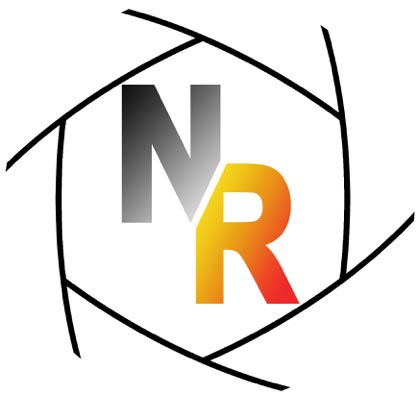Photo Education
 William Henry Fox Talbot circa 1846
William Henry Fox Talbot circa 1846
I am a career photo educator. Before retiring from my position as a full professor and head of a photography program I had taught photography for 41 years. Does that qualify me to write about the state of photographic education? At least it allows me to weigh in.
First, let me define where I taught. My first teaching was with Harry Callahan at the RI School of Design while I was a first-year graduate student. My 2nd year in the MFA program I taught at the Providence Country Day School in 1972/73. From there I moved on to teach at Northshore Community College, New England School of Photography, Harvard University (for 13 years) and Northeastern University (for 30) where I initiated and headed the Photography Program. I continue teaching today at various workshops and have been a regular at Penland School of Crafts in North Carolina for several years.
Why all this history? Hopefully to validate the following: single track photo programs and photo departments at the university level are dead or dying. Photography is no longer legitimate as a single-discipline academic pursuit. Photography Departments in large universities? No longer does photography stand out as a beacon of new cutting-edge anything. With present day cameras making video, with our smart phones doing the same, still photography looks positively prosaic in the context of social media and a broad array of ways to disseminate imagery.
Locally, last year's demise of Mt Ida College killed an active and vibrant photography program that was working hard to teach a curriculum of professional practice. But even more telling is the news that the New England School of Photography has been struggling to survive, laying off faculty and suffering under low enrollment. In fact, NESOP will close as of Aprill 2020.
Were I still heading the program at Northeastern I could not effectively argue for funding for new faculty or increased resources to a dean or a provost for just photography. I would have to include more multi-disciplinary, broad-based visual and artistic disciplines in my request.
Why is all this? Why are photography departments and programs that were formed in the 60's and 70's facing such difficult times? Because the demand has changed and is far less. No student coming out of a 4-year school or 2 or 3-year graduate program is going to be well prepared either professionally or artistically having just studied still photography. The idea is practically laughable. Students moving into professional or artistic practice need to be taught a wide-ranging set of skills in still and moving imagery.
The craft has changed too. It used to be an art to make a good print. Now well exposed and well crafted still images are easy, a dime a dozen. Furthermore, take a look at what art photography looks like now. The single photograph, straight and unmanipulated, is rare in a field of imagery that looks more like fantastical paintings, imagery from imagination, dreams, and fantasies. In this respect, in making art, straight photography is practically dead.
Of course, there are programs that are a little different. These are programs that maintain strength in teaching analog photography, are staffed either by aging faculty or those that love the darkroom and silver-based imaging. Fine. This retro, craft-based avoidance of where photography is and is going makes these alternative process programs. But these aren't in any kind of mainstream of photographic education.
One more observation. Although the history of photography is still taught in university-level courses, outside of academia there is less interest in knowing what preceded current practice. In my teaching and interaction with today's photographers, I find far less knowledge or motivation to look at what came in earlier times. I often find younger photographers don't have a clue what was done even twenty or thirty years ago. This can cause someone new to repeat past statements or discoveries.
 William Herny Fox Talbot circa 1846
William Herny Fox Talbot circa 1846
Finally, I have been very very fortunate to have had a career as a teacher at a time when the university-level study of photography was in its heyday. Clearly, it no longer is. Ironic, as more and more still photographs are created every day and yet the study of the medium is in decline.
